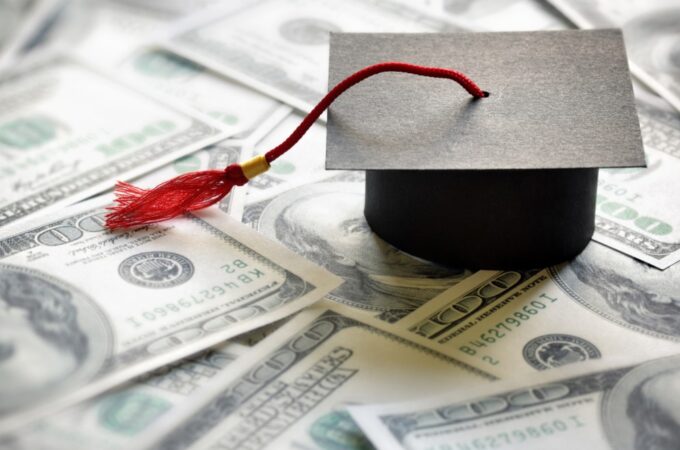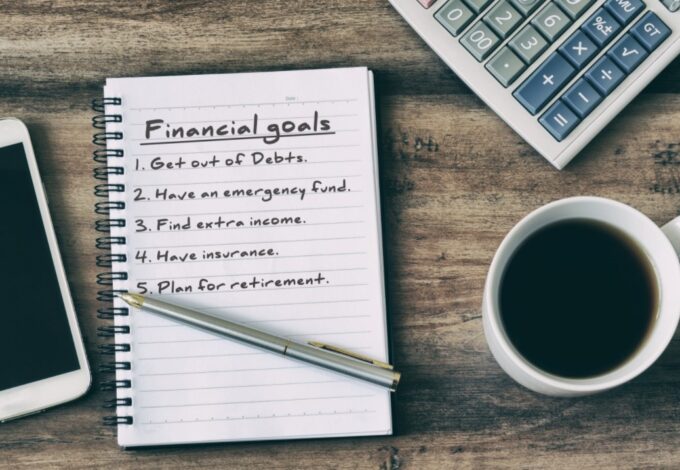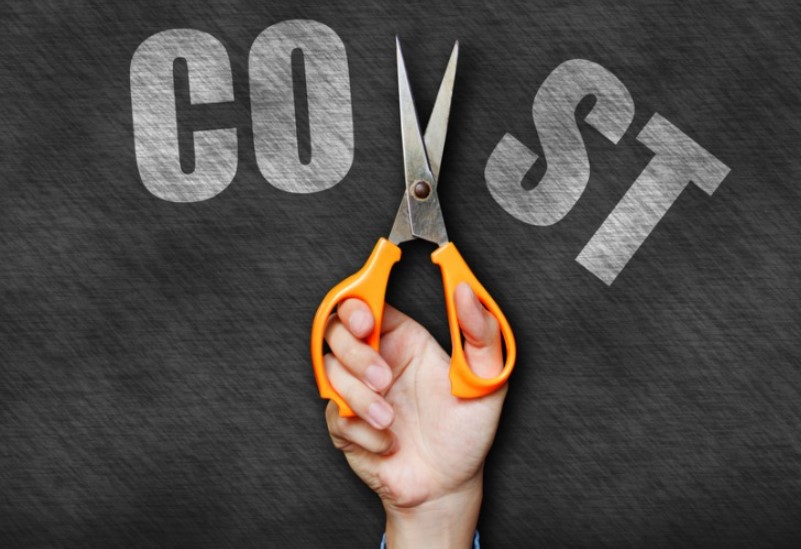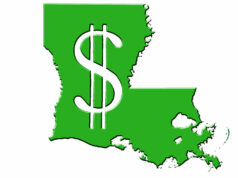Maintaining a monthly budget requires discipline and commitment to a vision of a healthier financial future. Think of it as a skill. Most people struggle with budgeting their finances in the beginning because they see something that they would like to purchase.
Fortunately, you can improve your budgeting skills over time by practicing good habits. When someone does well with managing money, they practice a few habits that lead to better finances.
Write a Realistic Budget

Too many people set unrealistic budgets and disappoint themselves. Good budgeting requires you to look at your financial statements with a practical mindset. Look at how much cash goes into your bank account. You will set the income up as the total for the budget.
Once you understand the profits, look at your expenses next. Detail each of the fixed expenses each month. Do your best to write a realistic picture of the expenses with as little optimism as possible. When it comes to budgeting, you want to overestimate your costs, rather than underestimate them.
Having too much cash at the end of the month will be a pleasant surprise, but finding too little will give you cause for concern. Give leniency for surprise costs that pop into the picture, but understand the difference between true emergencies and wants.
50/30/20 Budget Rule
Massachusetts Senator Elizabeth Warren spoke about a budgeting rule called the 50/30/20 rule. You spend 50 percent of your finances on the necessities like rent, electricity, food and taxes. For 30 percent, you spend your cash on things you want like video games, smartphones, laptops and eating at restaurants.
The last 20 percent goes toward savings. You can deposit the 20 percent to your savings account, college fund or investments. The rule exists as a simple guide for people to follow their budgets. You will continue to advance on your goals while still enjoying life with this rule.
Refinance a Student Loan

Perhaps you took out a student loan several years ago and your credit score has since risen. You might check with a private lender to see if you can obtain more favorable interest rates. Many people refinance to lower their monthly payments and improve their monthly budgets.
Refinancing will give you new and more favorable terms on a loan. You can utilize a student loan calculator to figure out your monthly payments and if it would make sense to refinance. You can click here to learn more.
Maintain Receipts and Review Them Weekly
Good financial administrators understand that you can always find room for improvement. Keep a box of weekly receipts to review spending habits. Reviewing your expenses weekly will hand you immediate feedback to adjust your course if vital to staying on track. Along with setting a monthly budget, you can create a weekly budget to keep pace with your monthly goals.
You may find it better to set budget goals for the week instead of the month because you can track spending habits. If it seems like you won’t hit your weekly goals, you can change course before you get so far out that changing will require greater effort.
Understanding what you spend will keep you on top of things. You may learn some surprising things about yourself when you look at your spending habits. For example, you may learn of more waste than you realized. In many cases, you can adjust it easily.
Aim for Goals

You want to target realistic financial goals that you can achieve. Start with the most immediate things like paying off credit card debts or buying a home. Once you establish the immediate things, you may look to invest your cash to make your money work for you.
You may want to speak with a licensed financial advisor to reduce the risk. Going into an investment, otherwise, you would need to research the company ahead of time. All investment carries risks, and you must remain vigilant to downsides before you go in on an investment.
Having assets can lead to a healthier financial future. Assets pay you for the ownership of them, and they will make your life easier over the long term. The rich buy assets while the poor buy liabilities.
Deposit Cash for an Emergency Fund
Nothing feels more crushing than to lose your job and paycheck. Most financial experts recommend that you keep six months of extra cash in the savings account for emergencies. Emergency funds cover the things that you didn’t budget for like car expenses and medical bills.
You also want to have something to fall back on in the event that you lost your main source of income. In that way, you won’t have to worry about becoming homeless because it gives you time to replace your income with another job.
To begin saving for an emergency fund, deposit a small portion of your income to that purpose. No one builds up an emergency fund instantly. Plan ahead because it will take between six and 18 months to complete an emergency fund. During that time, you will still have funds that you can pull from if an emergency were to strike.
Financial experts like Dave Ramsey talk about an emergency fund as a source of stability. Start small and build bigger over time as you put the money together. Keep in mind, this fund exists to deal with unexpected expenses that can strike without warning. Don’t use it on everyday things.
Reduce or Eliminate Costly Vices

Gambling, smoking and drinking siphon thousands of dollars from people every year. If you want to learn of a good way to cut costs, eliminate vices. Someone who quits smoking will save an average of $2,000 to $4,000 annually. Few people stop drinking for the savings, but those who stop drinking learn of a welcome surprise that they save money in the process.
The average drinker saves $160 each week for a total of over $8,000 saved each year. Not everyone can stop altogether, and you may try to reduce your vices instead if that works better.









